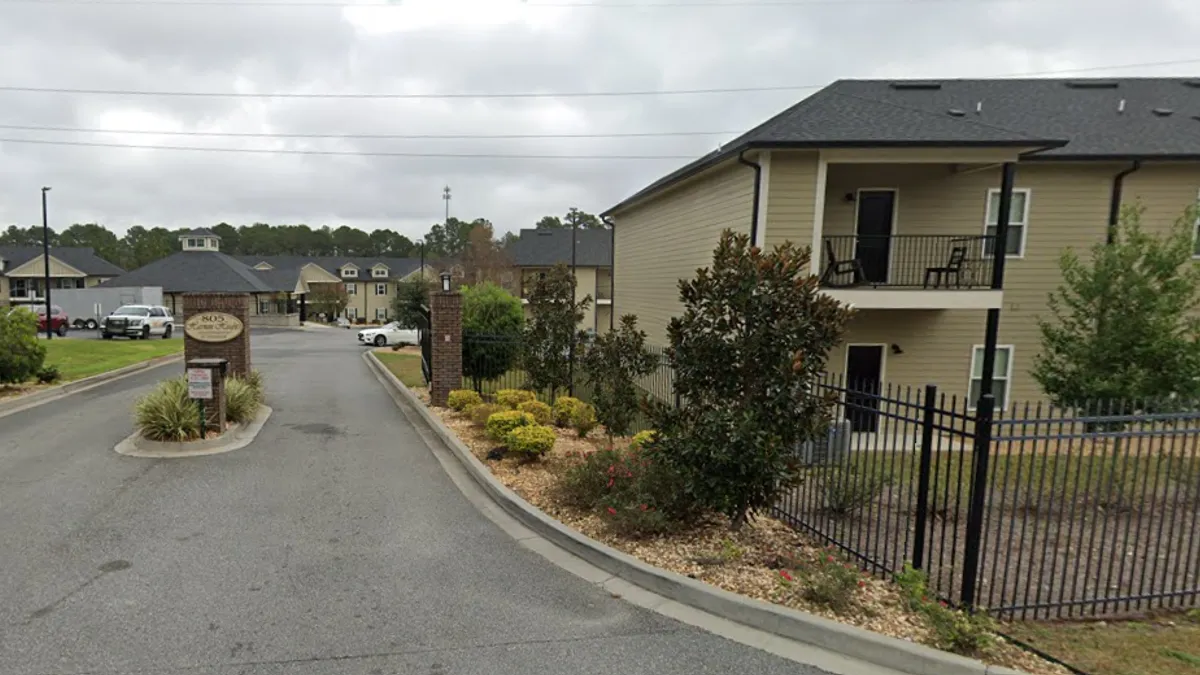Over 890 new laws signed by California Gov. Gavin Newsom took effect on Jan. 1, including many that affect the state’s rental housing operations. A number of these new laws relate to leasing, landlord-tenant relationships and eviction conditions.
Many of these housing laws were signed in a package of 56 bills in early October. In addition to the landlord-tenant bills, they included SB 4, known as the “Yes in God’s Back Yard” law, and SB 423, which streamlines affordable housing construction.
“California needs to build more housing and ensure the housing we have is affordable. In partnership with the legislature, we have advanced billions of dollars to that end,” Newsom said in a statement. “These 56 bills build on that work, supporting tenants and ensuring cities are held accountable to plan for and permit their fair share of housing.”
While the majority of these laws are now active, one of the most impactful laws for landlords won't go into effect until this summer. Starting on July 1, landlords and property owners in California will not be able to charge more than a single month’s rent as a security deposit.
Owners with no more than four units across no more than two properties may request up to two months’ rent. The security deposit change is a departure from the previous law, which set a limit of two months of rent for furnished units and three months for unfurnished units.
Apartment industry organizations in California have opposed this bill since its introduction.
“Further limiting a property owner’s ability to financially cover property damage or unpaid rent is an unfair imposition for rental housing providers,” said Debra Carlton, executive vice president of the CAA, in a letter last year about the bill.
Other laws
Another important law that went into effect Jan. 1 sets new conditions around the eviction of a tenant in order to move an owner or the owner’s family into the unit. Potential new residents must have at least a 25% stake in the property in order to evict a tenant to move in, or less than 25% only if the property is entirely owned by relatives.
The new occupant must move in within 90 days and reside in the unit for at least 12 months, according to a fact sheet shared with Multifamily Dive by the California Apartment Association.
Other housing-related laws that took effect this month in the Golden State include:
- AB 1418 — Local governments are now prohibited from imposing penalties on residents or owners who have contact with law enforcement.
- SB 267 — Property owners cannot use credit history as part of a rental application process, unless an alternative is offered.
- AB 1620 — Residents with disabilities living in rent-stabilized properties may move to a more accessible unit in the same property without incurring any change in rent.
- AB 1765 — Allows landlords and applicants for rental units to agree to use email to deliver screening fee receipts. Existing law required owners to mail the receipt.
- SB 602 — Extends the validity of trespass letters, or 602 letters, from 30 days to 12 months. These trespass letters allow property owners to inform law enforcement that a unit is uninhabited, and enables them to clear the unit of anyone who attempts to take up residence there without needing to go to court.
- SB 712 — Allows tenants to store e-bikes or e-scooters inside their units, as long as the batteries are approved by the Consumer Product Safety Commission or the E.U.’s European Standards. Property owners can mandate storage of any e-bikes or e-scooters in a separate secured storage area if one is provided, given the fire risks associated with lithium-ion battery malfunctions.
An additional measure, qualified to go on the 2024 statewide election ballot on Nov. 5, would ask voters whether or not to repeal the Costa-Hawkins Rental Housing Act, which limits local rent control ordinances in California.
“If passed, the proposed repeal could drastically slow down the construction of affordable housing, adversely impact homeowners and small landlords, and exacerbate the state’s homelessness crisis,” the CAA said in a statement on the measure.











